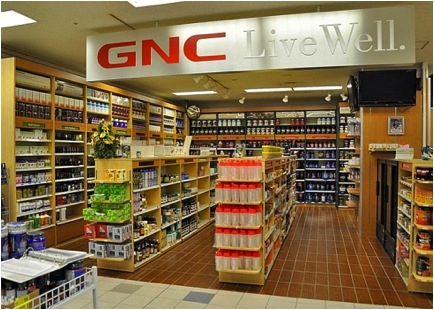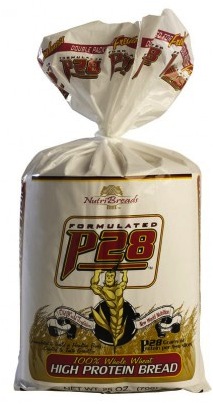
Supplements: A Great Waste or Great for the Waist?
June 24, 2012 // Wellness
The $20 Billion Industry.
The nutritional supplement industry is a marketer’s dream. There is no regulation of the products sold, no guarantees required, and virtually anyone can sell a supplement and be profitable. As obesity rates and health care premiums skyrocket, many individuals turn to vitamins and nutritional products for maintenance of health and wellness. The dietary supplement industry has a high demand and unlimited supply. This is why the total economic contribution of the supplement industry to the U.S. economy is more than three times annual consumer sales, or $61 billion per year.
Products sold as nutritional supplements must provide a label that reads “These statements have not been evaluated by the Food and Drug Administration. This product is not intended to diagnose, treat, or prevent disease.” And that’s it. The manufacture of the product does not have to meet any specific chemical or nutritional guideline, thus allowing companies to create and claim whatever nutritional benefit they choose. As a consumer, it is difficult to filter safe, effective supplements from the thousands of risky, worthless products sold everyday to millions of consumers.
How To Choose.
One of the most important factors in choosing a nutritional company is to analyze their means of manufacturing their products. Most of the reputable brands with high-quality products are produced from laboratories that adhere to strict regulations. Companies like USANA offer potency guarantees and 5-star ratings from independent testing organizations as a way to differentiate themselves from nutritional companies that utilize sneaky marketing tactics, rather than quality manufacturing, to drive sales and revenue. When choosing a nutritional supplement, see if it has been tested by independent companies such as NSF International and NutriSearch. These consumer-informative companies and those alike are dedicated to researching and investigating the content and claims advertised by supplement companies selling nutritional products. Next, compare your dietary habits with your nutritional supplement of interest. Are you considering starting a fat loss supplement, yet don’t manage your eating habits? Be realistic when choosing a product. Most products are not vital to maintain good health and better results can be achieved by making changes to a person nutritional habits. Finally, understand the ingredients you are ingesting and how they effect your body. If you aren’t sure, ask a professional. You want to be aware of how the supplement will react specifically within your body.
My Thoughts.
Recommending supplements is a very complex scenario. I always remind my clients and those I am advising that it is their responsibility to analyze and research any product before beginning to take it. Since everyone has different genetics, nutritional habits, goals, and health conditions, there is no way to assume that one product is beneficial for every person. With that being said, there are products on the market that I have researched, tried, and tested, and would suggest each person consider to enhance their health (if appropriate). I feel that a person with structured dietary habits and good health conditions can benefit from certain vitamins, protein powders, greens powders, fish oils, and other products. Like most health topics, education along with application and lifestyle balance allows for a person to gain control of their health.
Finally! A Way To Eat Bread And Stay LEAN.

High Protein Bread.
After researching and trying different foods and nutritional items, I finally found a product that will keep your body lean while maintaining a great taste. The product is simply called “High Protein Bread” by a nutritional company called P28. I tried this bread recently after reading about its development on a well-known nutrition website, and I was very impressed with its taste and ingredients. Besides being low in carbohydrates (12 grams per slice), it packs an enormous 14 grams of protein in each slice! That is equivalent to 2 large whole eggs. This bread also contains flaxseed, oats, millet, and sunflower seed.
This is a great alternative to most breads that lack the protein and nutritional content found in High Protein Bread. I would recommend this bread as a breakfast food or post-workout replenishment. Products like these merge the importance of nutrition with the desire for taste and the need for quality ingredients. This product can be found in specialty nutrition stores or from its website (HighProteinBread.com). If you live in New York City, I will be ordering cases of the High Protein Bread for clients, friends, and for myself. Contact me for further details.